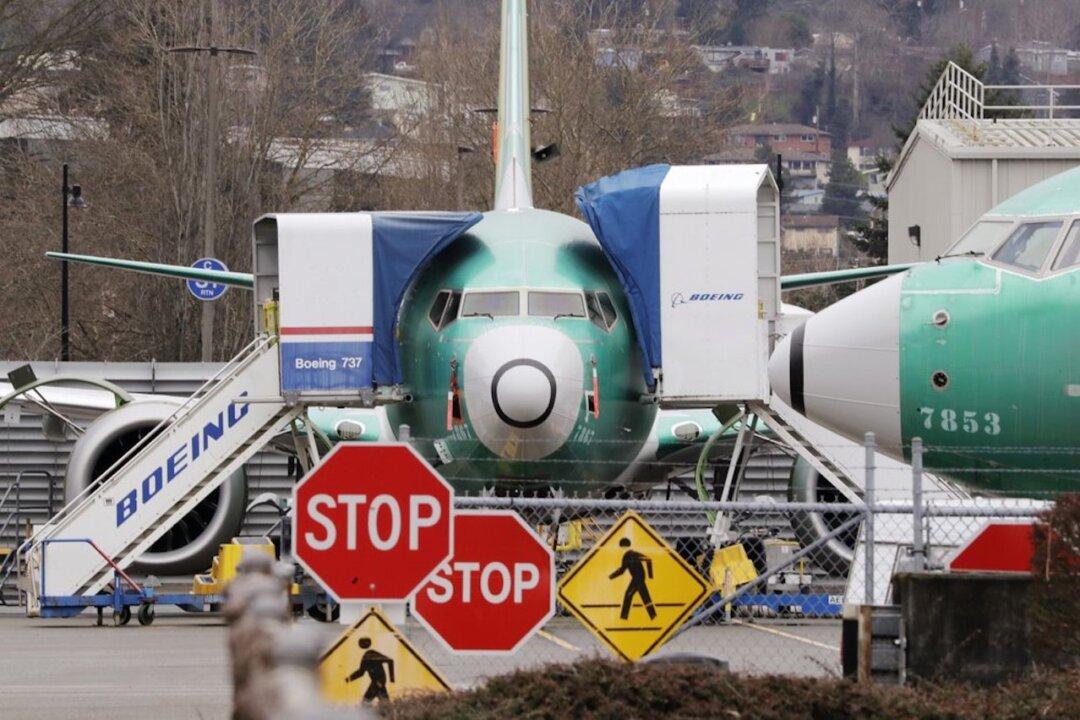Boeing said it is fixing a new software snag found last weekend during a technical review of the proposed update to the grounded Boeing 737 MAX.
“We are making necessary updates and working with the Federal Aviation Authority (FAA) on submission of this change, and keeping our customers and suppliers informed,” Boeing said in a statement. “Our highest priority is ensuring the 737 MAX is safe and meets all regulatory requirements before it returns to service.”





